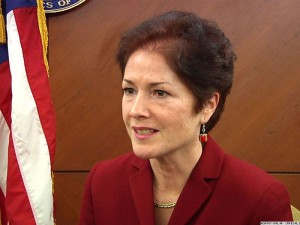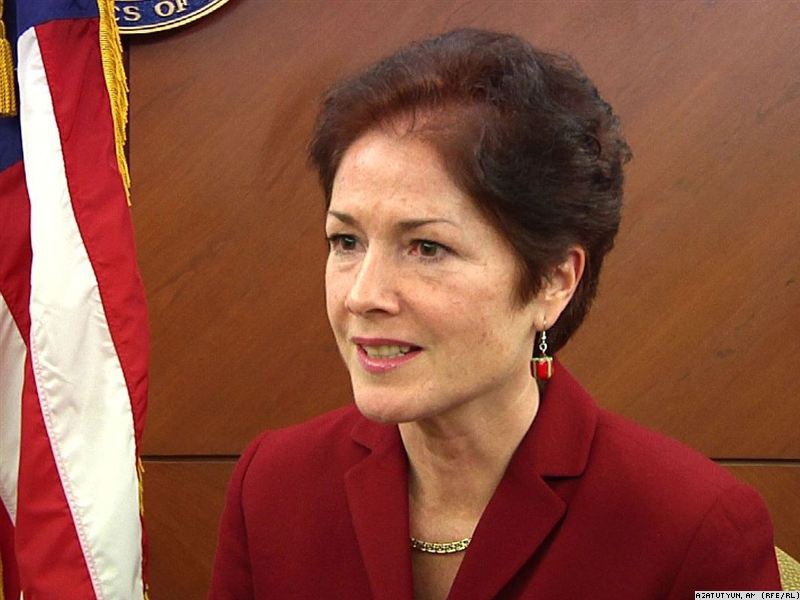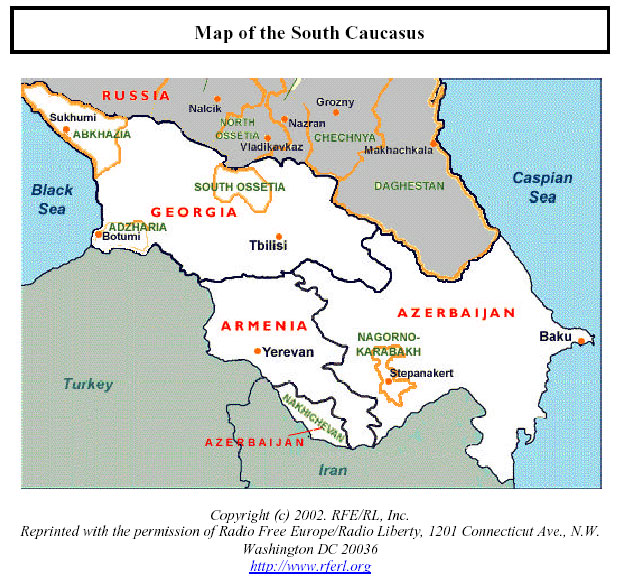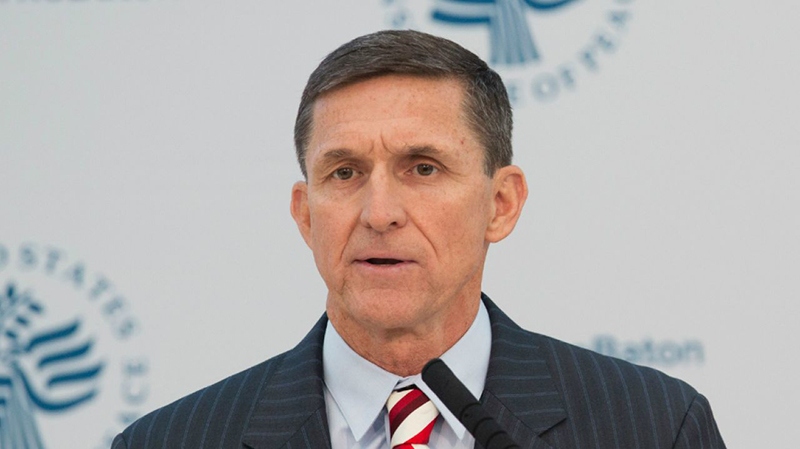

The current situation in the Karabakh conflict zone is very serious, especially taking into account incidents on the line of contact, she said in an interview with RFE/RL Armenian service.
According to her, in signing the statement Serzh Sarkisian and Ilham Aliyev reached an agreement on stepping up efforts to achieve a peaceful solution to the conflict. They also agreed that the solution of the problem reached as a result of the peace talks will lead to reconciliation between the two nations, she noted.
Marie Yovanovitch believes that the presidents also agreed that the final solution of the problem needs to be based on international law, the UN Charter and Helsinki Final Act, as well as joint statements of Presidents Obama, Medvedev and Sarkozy made in L’Aquila and Muskoka.
These two statements of the presidents are particularly important not only because they contain three fundamental Helsinki principles (territorial integrity, a nations’ right to self-determination and non-use of force) but also propose six elements which the U.S. thinks can become the basis for a final solution.
The Ambassador said that this statement testifies to progress in the talks, expressing her hope that 2011 will be a year of more considerable progress. According to her, “it is the only way we should advance the process.” It is important for Armenia, Azerbaijan and important for Nagorno-Karabakh.
Asked whether hostilities are likely to resume in the conflict zone, Yovanovitch said that anything is possible; expressing her confidence that hostilities are not a solution to this problem. Yovanovitch further reaffirmed Washington’s strong opposition to any attempts to solve the Karabakh conflict by force. “Another war is not going to settle anything,” she said. The OSCE Minsk Group co-chairs state full support of peaceful talks, she added.
Commenting on Armenian-Turkish dialogue and possible resumption of the process in 2011, the U.S. Ambassador refrained from giving forecasts about precise terms. Nevertheless, she noted that it is hard to imagine that the two countries would fail to normalize relations for more than 100 years.
During the interview ambassador Yovanovitch praised the current state of U.S.-Armenian relations, saying that they have become more “productive and positive” over the past year.
“I think that 2010 was a fabulous year for relations between Armenia and the United States”.
Yovanovitch singled out Serzh Sarkisian’s April talks with U.S. President Barack Obama held on the sidelines of a nuclear security summit in Washington. She also pointed to U.S. Secretary of State Hillary Clinton’s July visit to Yerevan which she said saw “a really good set of talks” with Armenia’s leadership.
“I think those two meetings are symbolic of the really productive and positive relationship that our two countries have, and I hope that 2011 will bring more of the same,” added the diplomat. “I think that there are a lot of areas that we want to work on together and I think we will work on together.”
Pashinyan’s Visit to Turkey and Beyond
By KRIKOR KHODANIAN At the invitation of Turkish President Recep Tayyip Erdoğan,…
- MassisPost
- June 29, 2025
- No comments
- 3 minute read
“I Still Can’t Believe What Happened on June 20”
By LUSYEN KOPA Exactly three months ago, I wrote an article titled…
- MassisPost
- June 26, 2025
- No comments
- 4 minute read
Anniversary of the Immortality of the Twenty Hnchakian Heroes
By KRIKOR KHODANIAN 110 years ago these days, the prominent figures of…
- MassisPost
- June 15, 2025
- No comments
- 3 minute read
The Eternal Memory of the Twenty Heroes
By BARKEV TAVITIAN Every year on June 15, the global Hnchakian family…
- MassisPost
- June 13, 2025
- No comments
- 3 minute read










